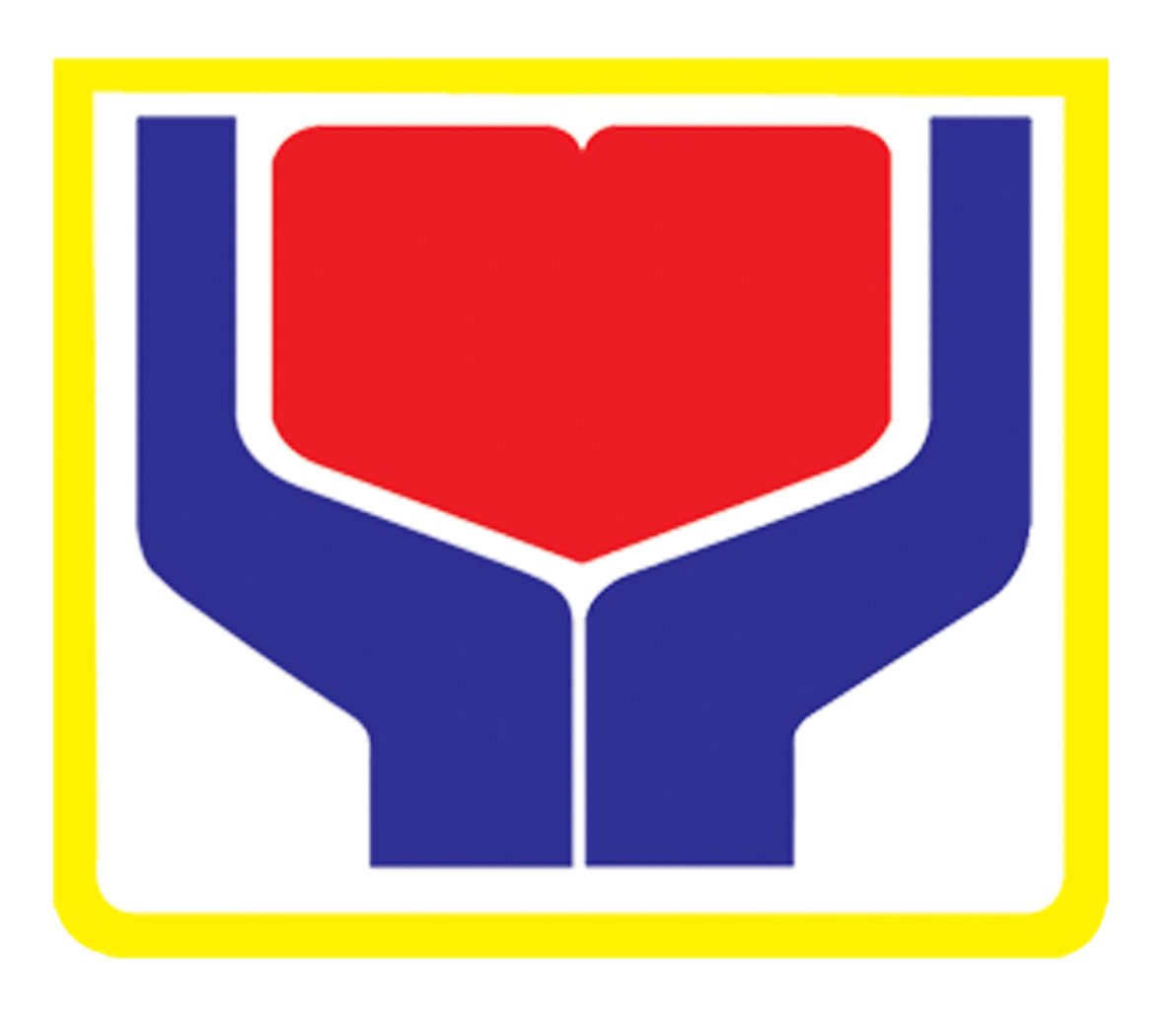A total of 733,371 children in the CALABARZON Region have been identified as poor based on the Department of Social Welfare and Development’s (DSWD) Listahanan database of poor households.
These poor children, who are zero to 17 years old, are from the 202,279 poor households identified in the second round of Listahanan household assessment conducted in 2015.
Listahanan is an information management and targeting system, which identifies who and where the poor are in the country. It generates a comprehensive and objective database of the poor, which is utilized by the DSWD in targeting beneficiaries of its programs and services.
It is the targeting system used for the selection of beneficiaries of social protection programs such as the Pantawid Pamilyang Pilipino Program and the Social Pension for Indigent Senior Citizens.
Based on the Listahanan data, 277,255 poor children are in Quezon Province; 144,912 are in Batangas; 116,886 are in Laguna; 115,550 are in Cavite, and; 81,768 are in Rizal.
Of this number, 287,224 are out-of-school.
In line with the National Children’s Month celebration, the DSWD continuously promotes the welfare of these poor children and encourages national government agencies, local government units and civil society organizations to provide programs and services to improve the lives of these children.
Promoting the health and education of poor children
Two of the social protection programs for children being implemented by the DSWD are the Pantawid Pamilyang Pilipino Program and the Supplementary Feeding Program (SFP).
To date, there are 588,308 children zero to 18 years old are beneficiaries of the Pantawid Pamilya program.
This program provides conditional cash grants to qualified poor families in support to the health and educational needs of children. It provides PhP300 monthly to children in elementary and Php500 monthly to children in high school in exchange for their 85 percent monthly school attendance. Further, every household is provided with PhP500 monthly as health grant in exchange for the monthly preventive health checkup of children zero to five years old.
On the other hand, there are 199,669 children benefitting from the SFP, which is the provision of food, in addition to regular meals, to improve the nutritional status of children enrolled in day care centers and supervised neighborhood plays.
Other programs, services for the children
The DSWD further promotes the provision of a caring and loving home for children.
From 2015 to present, the DSWD has approved the legal adoption of 179 children and is continuously promoting legal adoption and foster care to provide the right of every neglected, abused and abandoned child to a family and a home.
The DSWD Field Office IV-A is also pilot-testing the Comprehensive Program for Street Children and Families At-Risk on the Streets, a social technology project that responds to the needs of street children and reduce their vulnerabilities on the streets.
To date, a total of 270 street children in Cavite and in Rizal are benefitting from this program.
Residential care for children
The DSWD Field Office IV-A is also managing two centers that are catering to the needs of children.
The Bahay Tuluyan Home for Girls in Dasmarinas City, Cavite provides care, protection and rehabilitation to girls who are victims of sexual and physical abuse, exploitation, abandonment, neglect and maltreatment. To date, it has a total of 45 residents.
On the other hand, the National Training for the Boys in Tanay, Rizal, provides protection, parental care and rehabilitation children-in-conflict with the law, has a total of 104 residents.#
